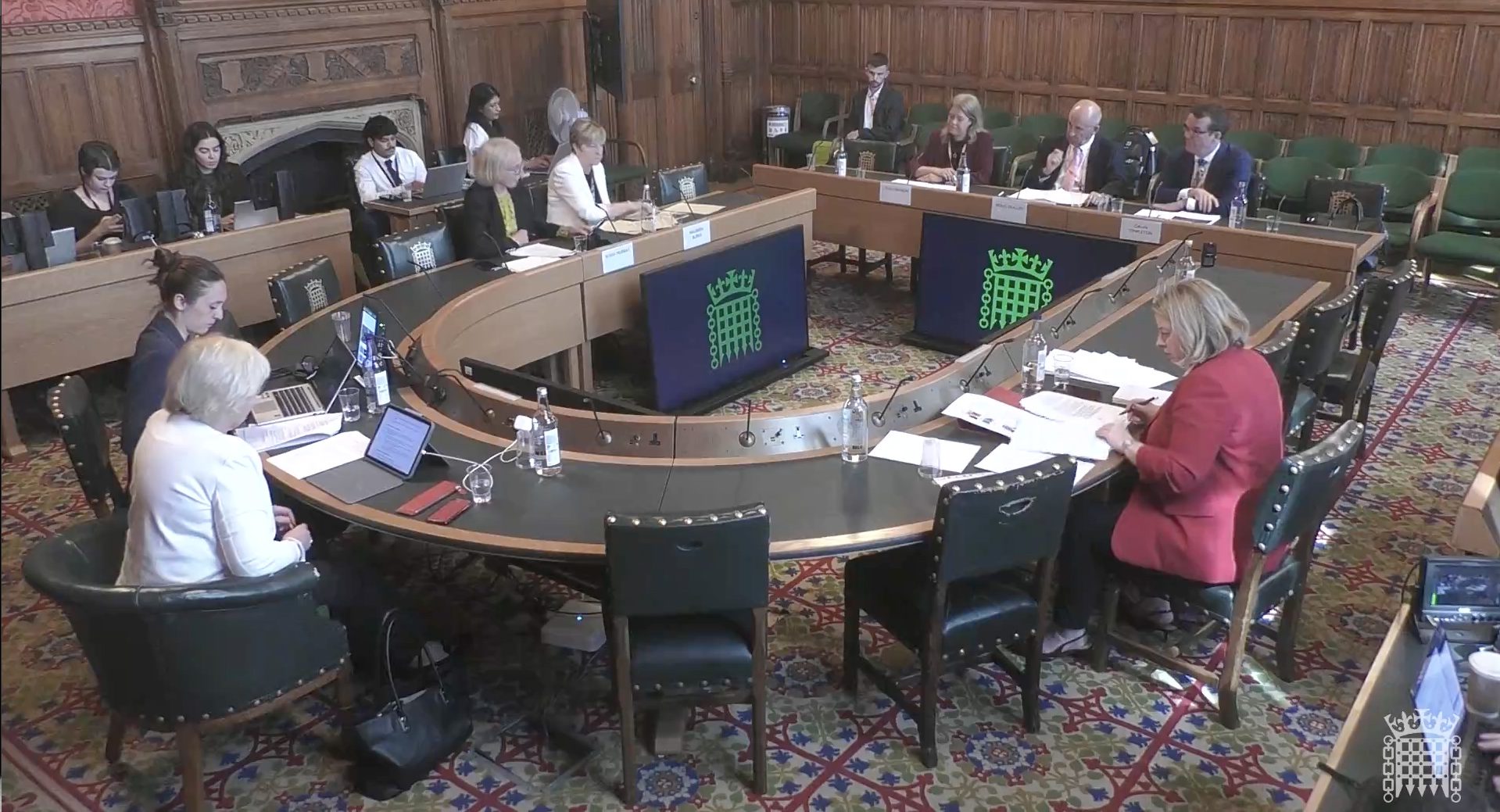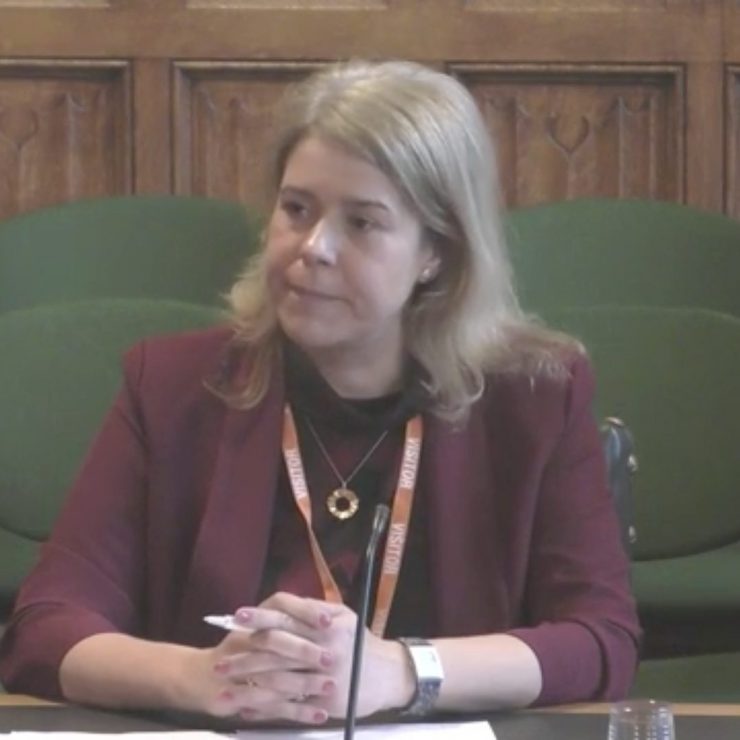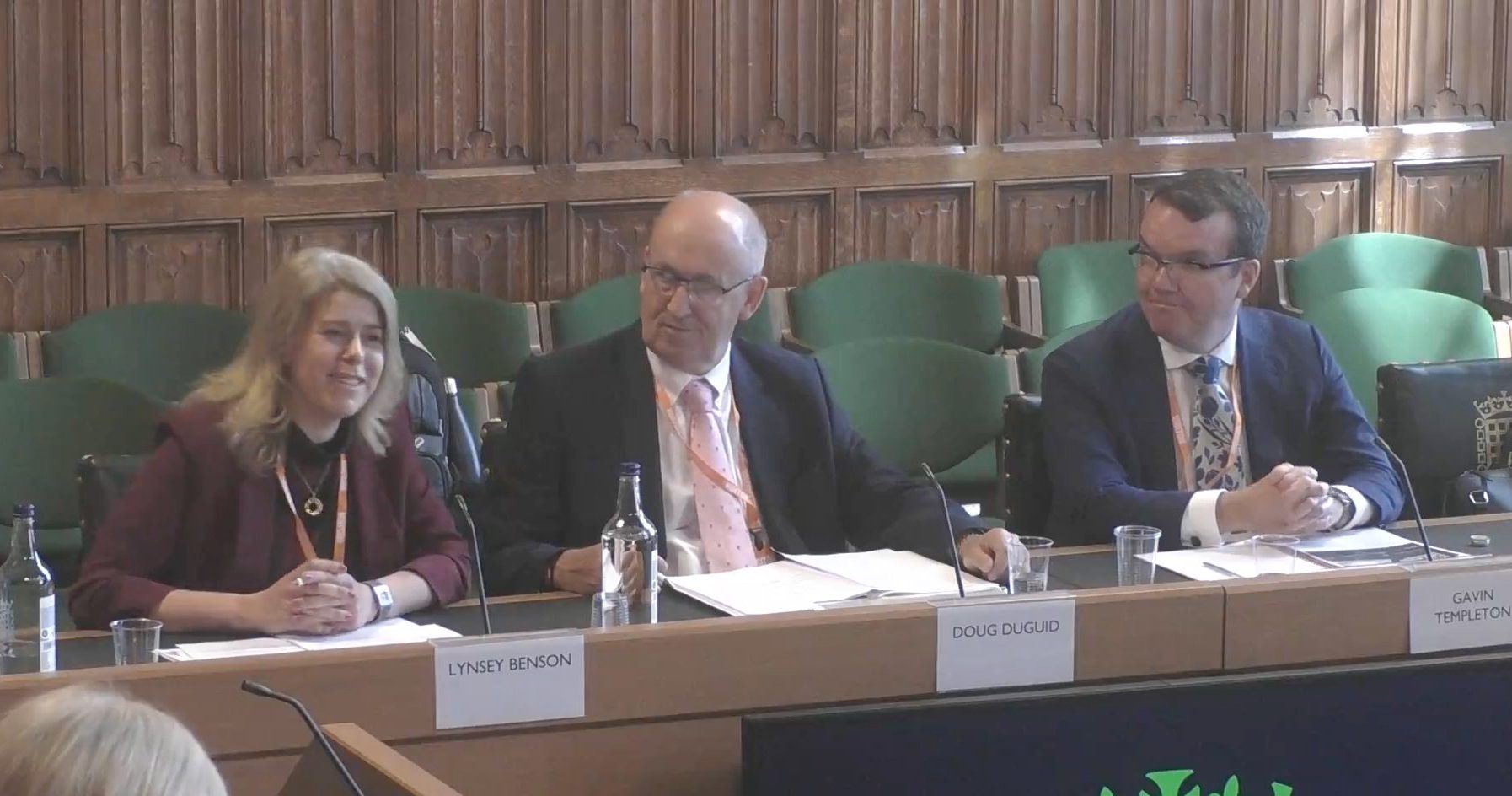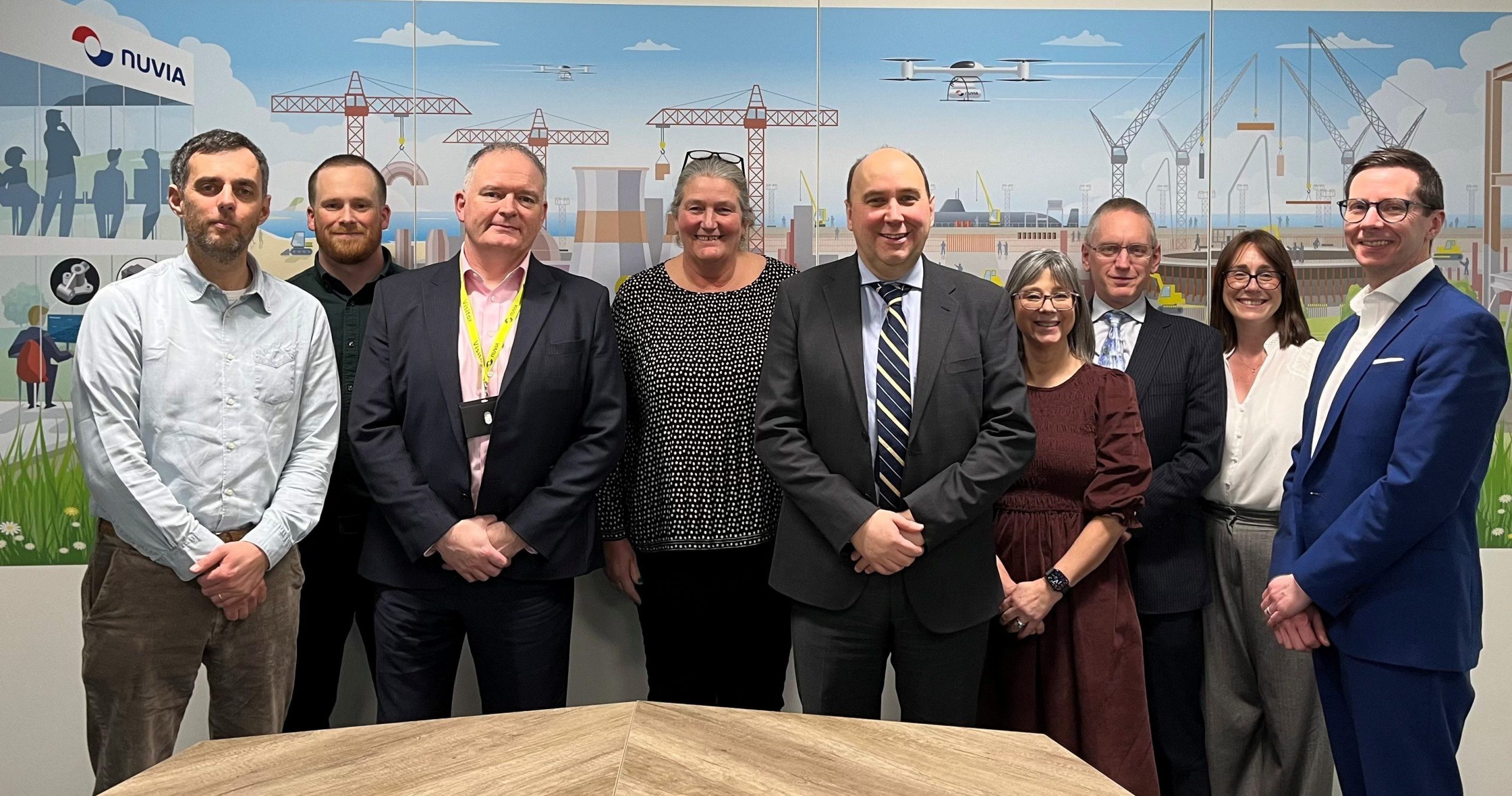Lynsey Benson, Head of Policy and External Affairs, represented the ECITB to give evidence to the Scottish Affairs Select Committee.
The inquiry is investigating the transition to net zero in Scotland’s energy sector, and how the UK Government can support a transition that maximises opportunities for jobs and economic growth. As part of this, the committee is examining how GB Energy and other interventions can most effectively back the development of clean energy.
Speaking as the authority for skills in the engineering construction industry (ECI), Lynsey (pictured) outlined the importance of collaboration, cross-skilling and workforce transferability to the cross-party members.
In her opening statement she reinforced the point made by ECITB CEO, Andrew Hockey, when he gave evidence to the Energy Security and Net Zero (ESNZ) Select Committee in March:
“Engineering construction is absolutely vital for the country to meet its net zero goals.”

Project uncertainty and a lack of confidence preventing commitments
In response to a question around the importance that skills are developed now, ready for when the emerging energy jobs come on line, Lynsey explained:
“We need to continue to build a standardised skills system which is open, agile and responsive.
“Employers are telling us there is so much uncertainty in the industry just now and that is preventing them making commitments to bring on more people into the industry.
“Project uncertainty, delays in some of the planning consents, the financial investment decisions on projects that are being delayed due to policy uncertainty and the slowdown in oil and gas are all contributing to the lack of confidence – and employers not making those commitments.”
Lynsey Benson
Head of Policy and External Affairs, ECITB
Skills transferability
Lynsey outlined that the skills for the emerging energy sector are the same skills as those currently deployed within oil and gas. The key is recognising the bolt-on elements the current workforce needs when they are working across different projects.
She highlighted the Wind Turbine Technician Cross-Skill Pilot that is taking place in Grangemouth and Aberdeen.
This partnership between the ECITB, Global Wind Organisation (GWO) and the Offshore Renewable Energy (ORE) Catapult enables the two-way transition of qualified oil and gas technicians into onshore and offshore wind and then back again as and when maintenance activity is needed.
“We are recognising their primary occupation so that they can be deployed back into oil and gas but they can also be deployed onto wind projects as well. We are creating an integrated workforce which is not just about deploying someone in oil and gas platform or deploying them on a wind farm – they can actually do both.”


Workforce planning and recognisable skills
She agreed that the Office for Clean Energy Jobs will have a key role to play in workforce planning.
“We need a strong ethos on informed workforce planning and a collaborative approach to those skills commitments and pledges, particularly those early in the tendering process.
“We need to look at workforce planning as a whole and the competition for skills across the different sectors in the industry.”
She stressed that the bottleneck of project uncertainty needs to be removed so that employers have the confidence to take on new entrants into industry. She shared the various routes into industry, such as the ECITB scholarship and Work Ready Programmes.
She also highlighted how Connected Competence is enabling the transferability of workers geographically and between contractors through recognising base technical competence of existing occupations.
She emphasised: “We need to recognise the skills of those occupations and not start calling them something else because they are being applied in a different occupational setting. That confuses workers and it confuses employers. Keeping the clarity and the standardisation of skills will help support transferability and mobility of skills.”
Contractual conditions for the supply chain
Lynsey suggested that the role of GB Energy could be to look at influencing a shift change in contractual conditions.
She shared the benefits of adopting collaborative contracting models as opposed to conventional contracting.
This sees projects move away from fixed price lump sum contracting to a more collaborative approach to delivering successful project outcomes.
Scottish Affairs Select Committee
This was the fifth evidence session of the GB Energy and the net zero transition inquiry.
Lynsey was joined in giving evidence by Doug Duguid, Chief Executive at Aurora Energy Services and Gavin Templeton, Chief Executive at Veri Energy.
In the preceding session Kenneth MacInnes, Principal at Forth Valley College, Neil Cowie, Principal at North East Scotland College and Jim Brown, Director at Energy Skills Partnership gave evidence to the committee.





